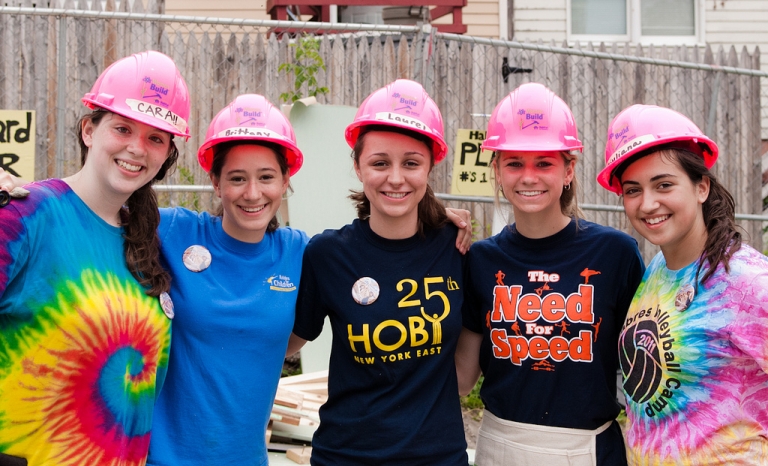If organisations are not managed well, they won’t be efficient enough when it comes to provide assistance to its beneficiaries and hence, their social impact will be lower.
Engineers in general, and industrial engineers particularly, are professionals covering a wide range of fields. They often start off their career doing technical tasks and the, progressively take on organisations, managerial and leadership tasks. It’s not unusual for them to complete their education with an MBA offered by business schools.
The sectors is used to working with annual budgets, objectives, balance sheets and profit and loss accounts, and also monitor all this and take the right decisions to achieve the expected outcomes. All this expertise is wasted at the end of one’s professional life, but fortunately, more and more we reach this stage of life in a healthy mental and physical state.
At the same time, there are many non-profit organisations with excellent values and assistance tasks; they know their job well and how do get the work done. Sometimes, all the managerial work falls behind, because non-profit organisations work with their heart rather than with their brain. We believe that striking the right balance with this situation would make a more effective use of the available resources.
The knowledge and expertise acquired by engineers (among others) during their professional life are very valuable for non-profit organisations. Engineers can provide advice for organisational and managerial roles, making a better use of resources and come up with strategic decisions while also bringing in a business vision from a different approach.
If organisations are not managed well, they won’t be efficient enough when it comes to provide assistance to its beneficiaries and hence, their social impact will be lower.
Success in bringing engineers onboard non-profit organisations working in the third sector lies in the ability to find and contact people who are willing to volunteer their skills and knowledge for social organisations.
In this sense, there’s a very interesting experience that’s been running for five years. The Association of Catalan Industrial Engineers (EIC) has a programme called Volunteer Engineers together with the Association of Computer Engineers of Catalonia (COEIC) that has contacted more than 100 engineers, 50 of which collaborate or have collaborated with more than 20 non-profit organisations. The experience has also manage to attract engineers that are professionally active to participate and also corporate volunteers from companies that are close to the corporate responsibility programme.












Add new comment